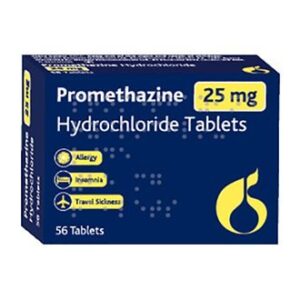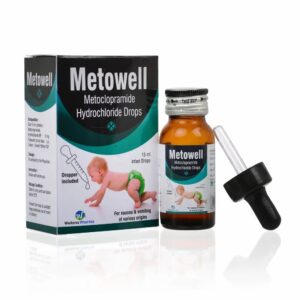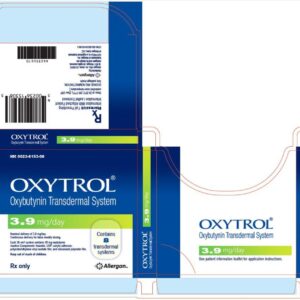-
Promethazine Hydrochloride
Promethazine Hydrochloride is an antihistamine with antiemetic, sedative, and anticholinergic properties.
Applications:
-
Treats nausea, vomiting, and motion sickness.
-
Used as a sedative or for allergy symptoms.
-
Sometimes used pre/post-surgery for nausea control.
Side Effects:
-
Common: drowsiness, dry mouth, dizziness.
-
Serious (rare): respiratory depression (especially in children), severe tissue damage if injected improperly.
Br120.00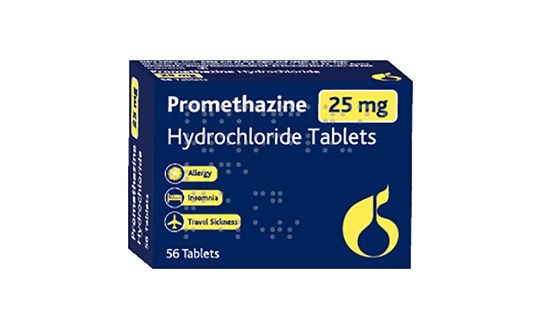
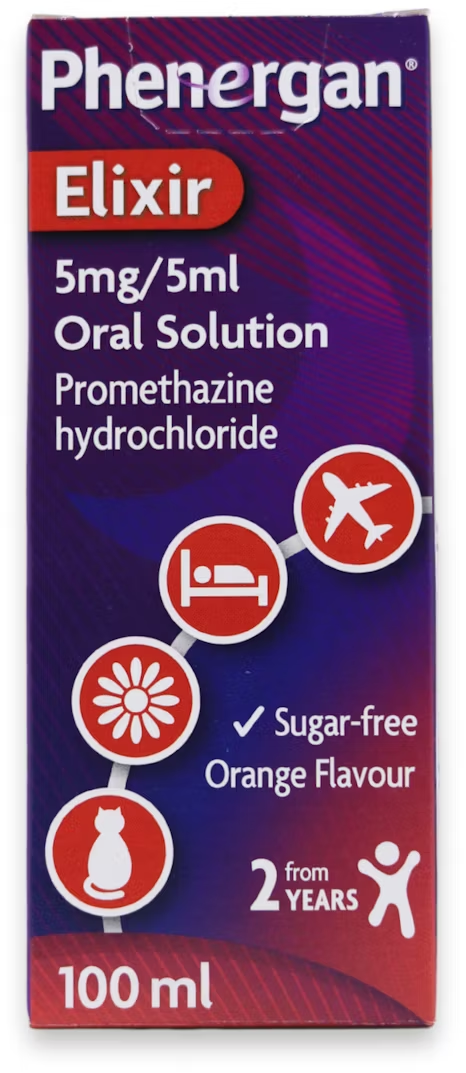
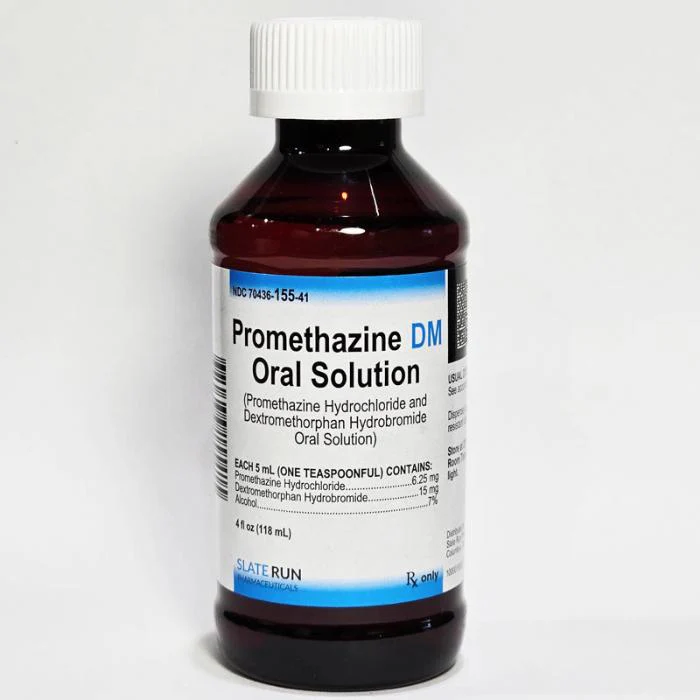


Promethazine Hydrochloride
Br120.00 Select options This product has multiple variants. The options may be chosen on the product page -
-
Metoclopramide Hydrochloride
Metoclopramide Hydrochloride is a dopamine antagonist used to treat nausea, vomiting, and delayed gastric emptying.
Applications:
-
Treats nausea and vomiting from various causes, including chemotherapy and migraines.
-
Manages gastroparesis by enhancing stomach motility.
-
Used for GERD when other treatments fail.
Side Effects:
-
Common: drowsiness, fatigue, restlessness.
-
Serious (rare): tardive dyskinesia (involuntary movements), Parkinson-like symptoms, depression.
Br120.00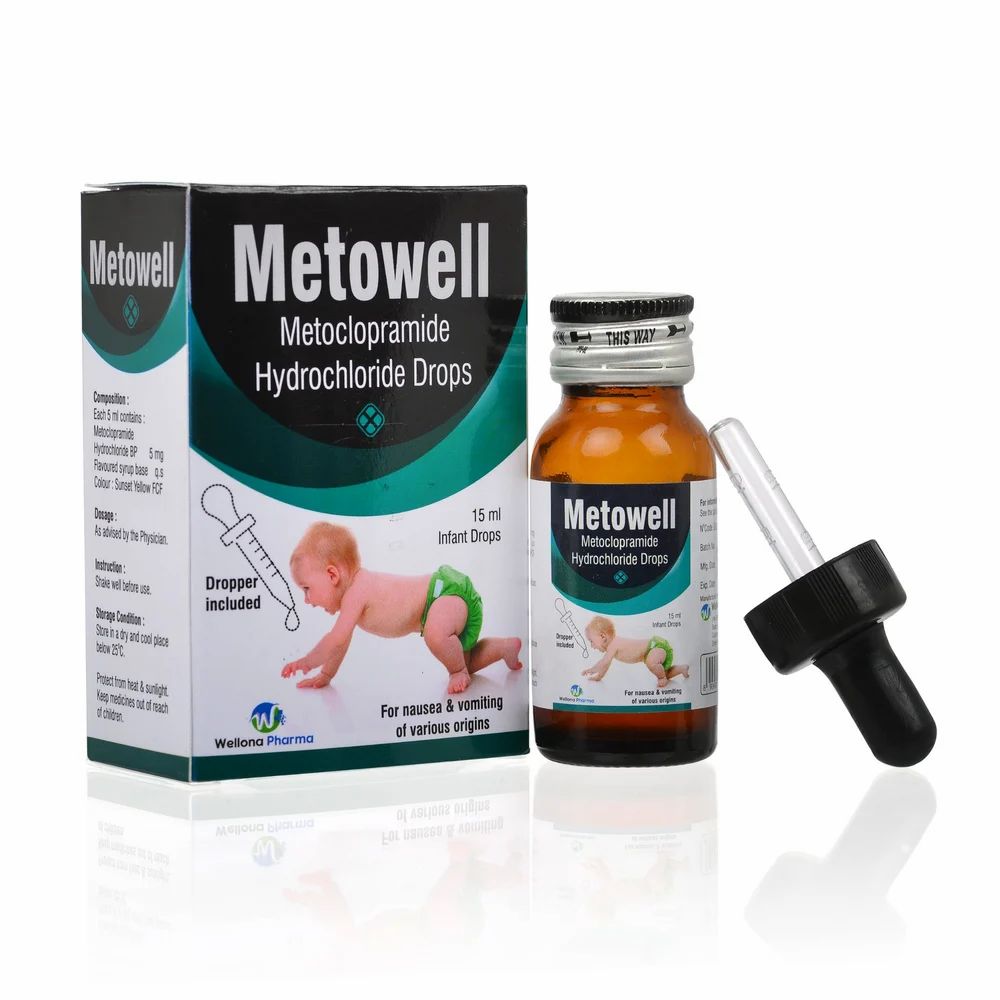
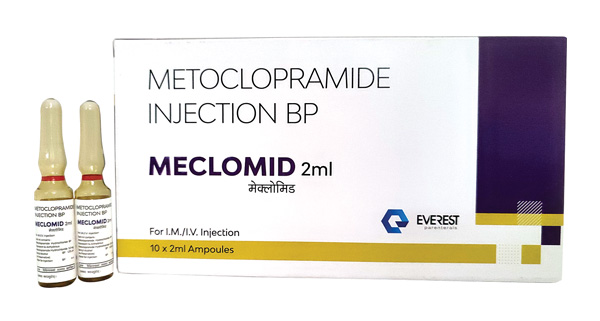
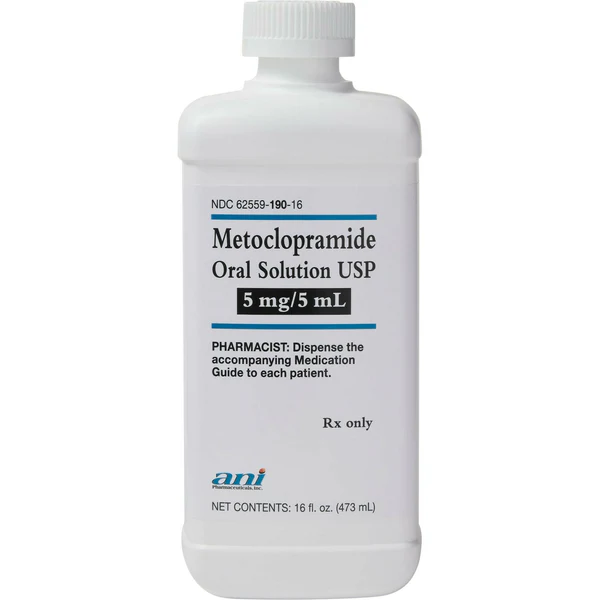

Metoclopramide Hydrochloride
Br120.00 Select options This product has multiple variants. The options may be chosen on the product page -
-
Fosaprepitant
Fosaprepitant is an antiemetic used to prevent nausea and vomiting caused by chemotherapy.
Applications:
-
Prevents acute and delayed nausea/vomiting from highly emetogenic chemotherapy.
-
Often used in combination with other antiemetics (like dexamethasone and a 5-HT3 antagonist).
Side Effects:
-
Common: fatigue, headache, hiccups, and constipation.
-
Serious (rare): infusion site reactions, allergic reactions, liver enzyme elevation.
Brands: Emend (IV).
Br120.00
Fosaprepitant
Br120.00 Select options This product has multiple variants. The options may be chosen on the product page -
-
Aprepitant
Applications:
Chemotherapy-Induced Nausea/Vomiting (CINV): Prevents acute/delayed nausea from highly emetogenic chemo (e.g., cisplatin).
Moderately Emetogenic Chemo: Used with dexamethasone + 5-HT3 blockers (e.g., ondansetron).
Postoperative Nausea/Vomiting (PONV): Alternative for high-risk surgeries (less common).Side Effects:
Common: Fatigue, hiccups, constipation, headache, loss of appetite.
Serious (Rare):-
Liver toxicity (elevated LFTs).
-
Hypersensitivity (rash, anaphylaxis).
-
Drug interactions (CYP3A4 inhibitor—affects warfarin, birth control, some chemo drugs).
Note: Avoid with pimozide (QT prolongation risk). IV form (fosaprepitant) available.
Br120.00
Aprepitant
Br120.00 Select options This product has multiple variants. The options may be chosen on the product page -
-
Oxybutynin
Applications:
-
Overactive Bladder (OAB): Reduces urgency, frequency, and incontinence.
-
Neurogenic Bladder: Manages urinary leakage in spinal cord injury/MS.
-
Pediatric Enuresis: Treats bedwetting (off-label in children ≥5 yrs).
Side Effects:
-
Common: Dry mouth (70% of users), constipation, blurred vision, drowsiness.
-
Serious (Rare):
-
Urinary retention (risk in prostate enlargement).
-
Heatstroke (reduced sweating in high temperatures).
-
CNS effects (confusion in elderly).
-
Br120.00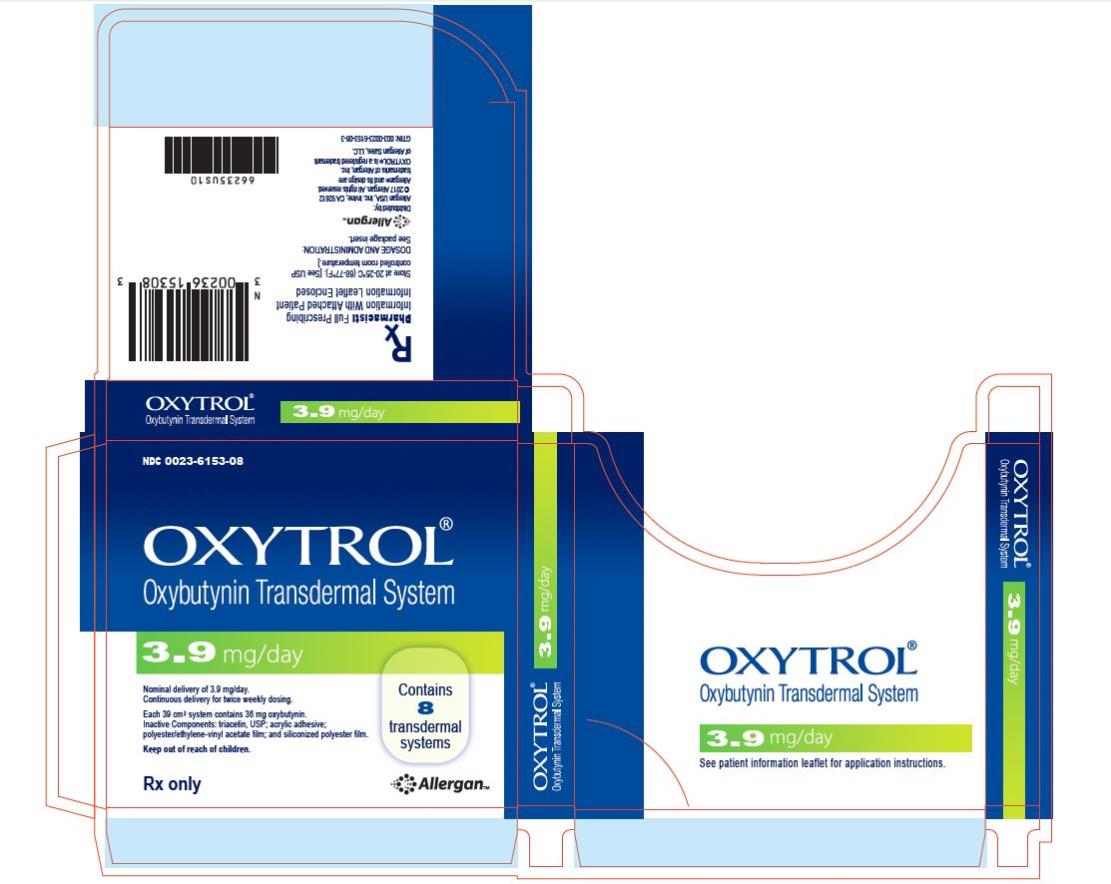
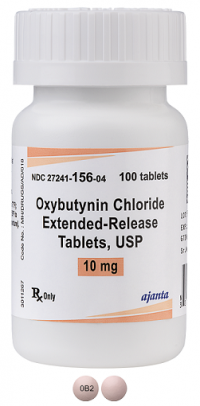
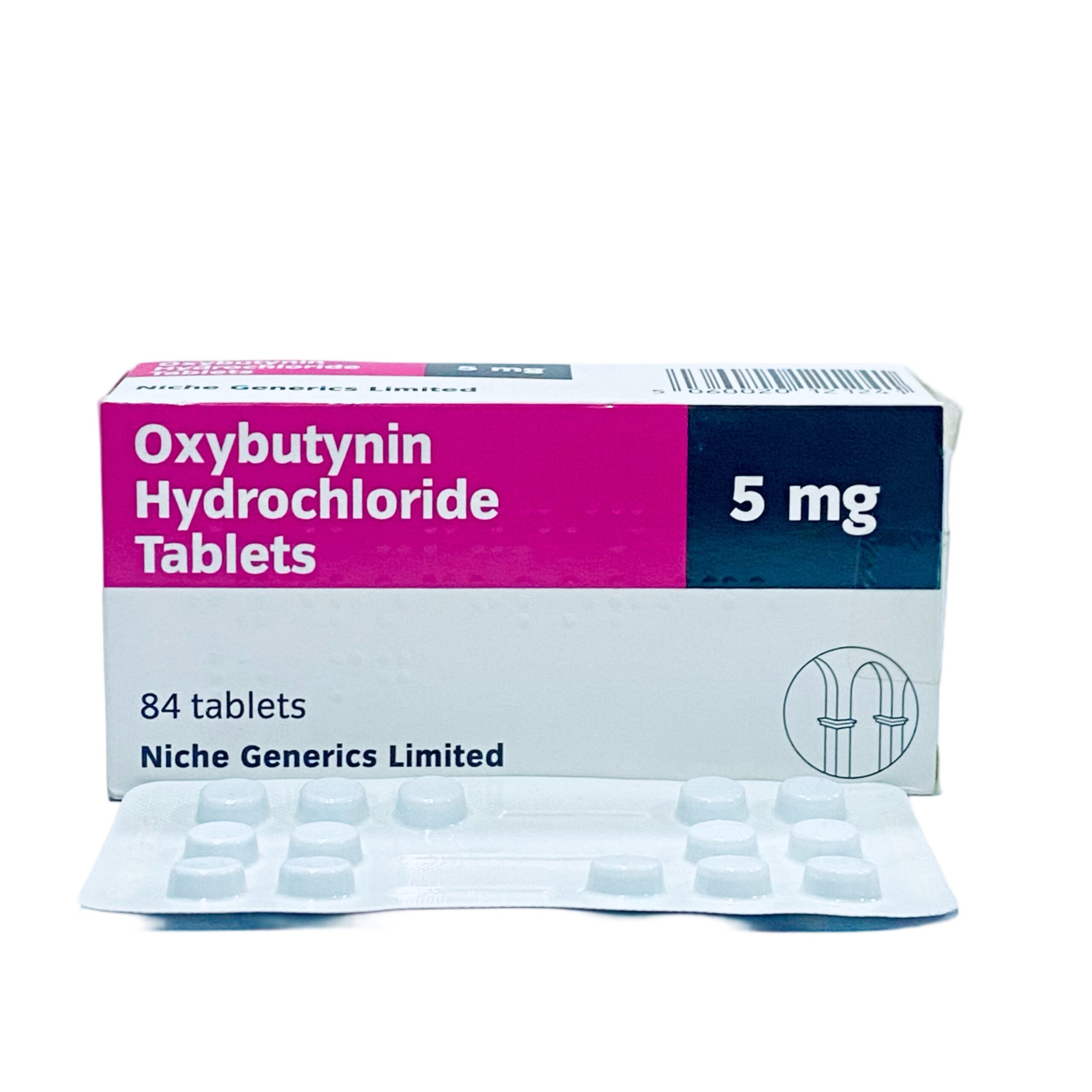
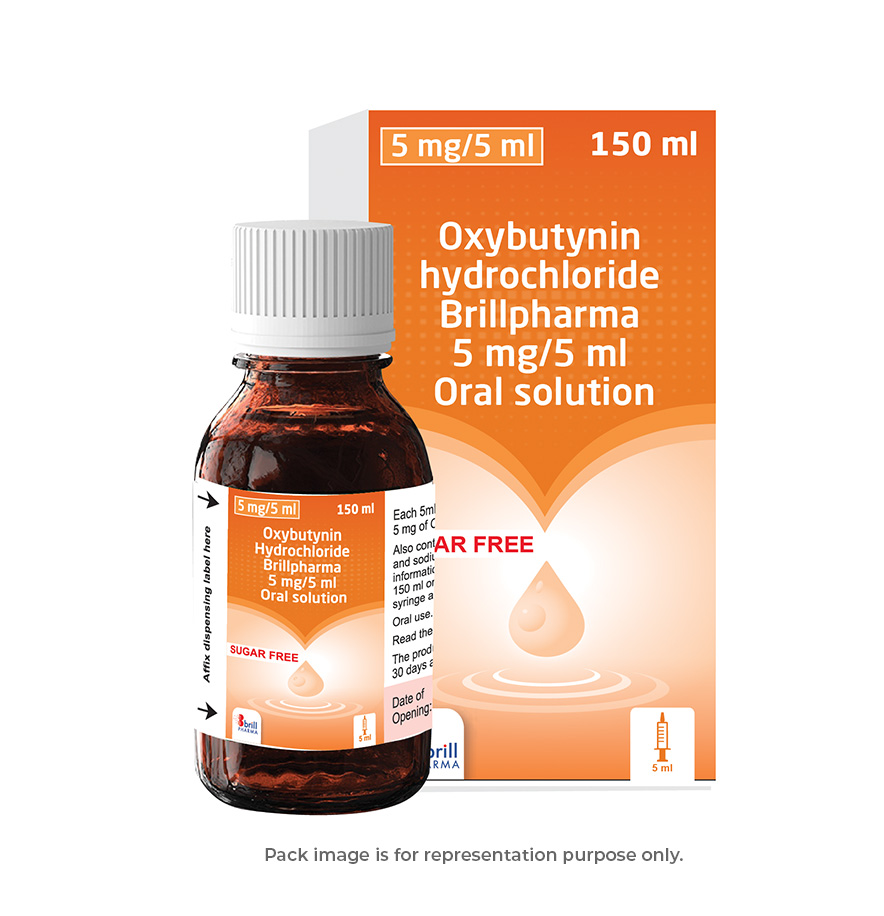
Oxybutynin
Br120.00 Select options This product has multiple variants. The options may be chosen on the product page -
-
Ranitidine
Applications:
- Used to treat gastroesophageal reflux disease (GERD), peptic ulcers, and conditions where the stomach produces too much acid (like Zollinger-Ellison syndrome).
- Reduces stomach acid production, helping to heal ulcers and manage heartburn or acid reflux.
- Can be used for the prevention and treatment of ulcers and conditions like indigestion.
Side Effects:
- Common side effects include headache, dizziness, constipation, or diarrhea.
- Rare but serious side effects may include liver problems, irregular heartbeats, and severe allergic reactions.
- Long-term use can occasionally lead to vitamin B12 deficiency.
Ranitidine is effective in controlling excess stomach acid but was withdrawn from many markets (including the U.S.) in 2020 due to concerns over a potential carcinogenic impurity. For those still using it, monitoring for side effects is important, especially if taken for prolonged periods.
Br120.00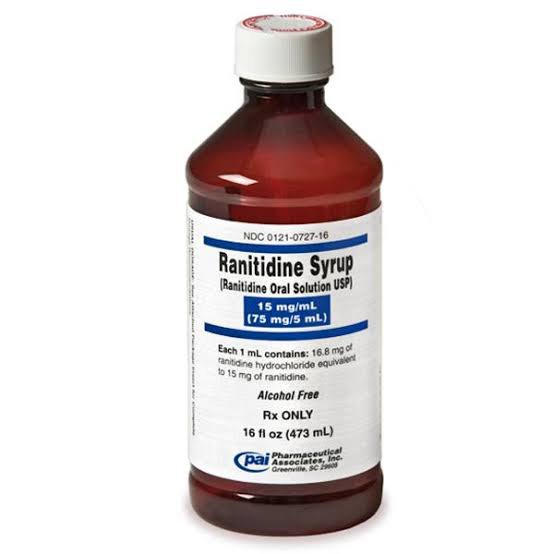
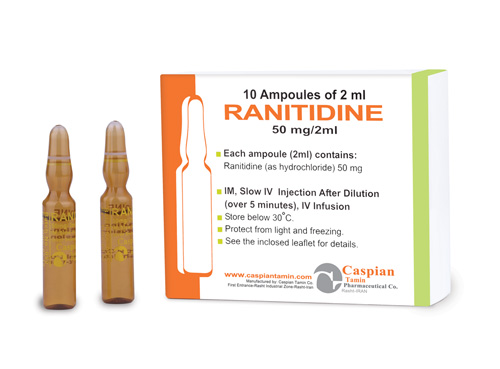
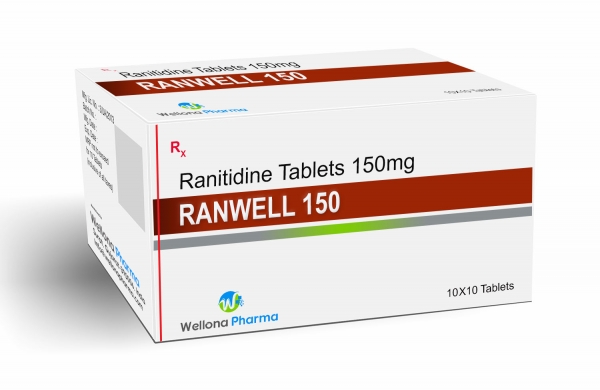
Ranitidine
Br120.00 Select options This product has multiple variants. The options may be chosen on the product page

